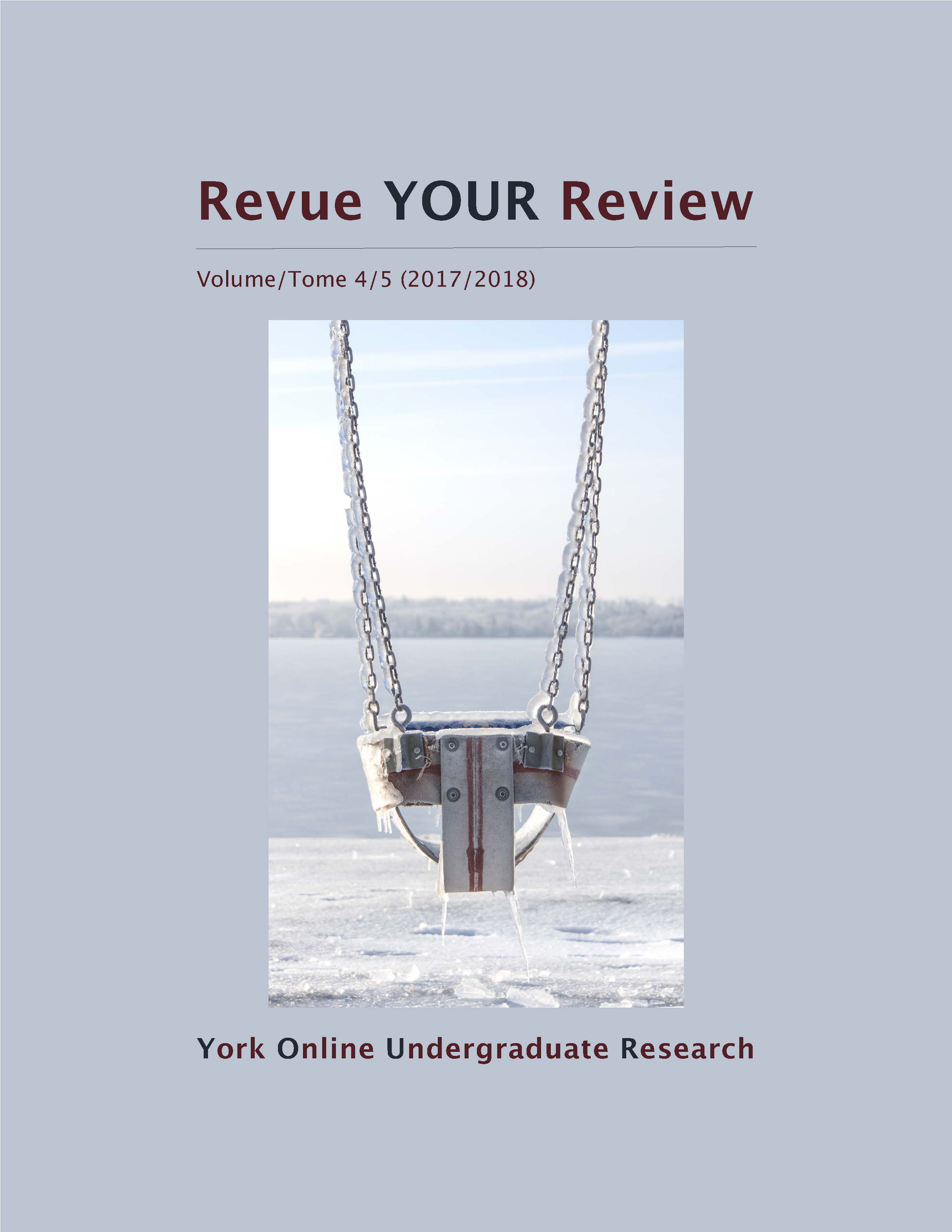Terms of Endearment: The Effect of Racial Epithets on Internalized Racial Oppression
Abstract
Early research on racism traditionally focused on measuring beliefs and attitudes towards racial and ethnic groups. There is a need to examine internalized racial oppression and the mechanisms that seek to maintain and reproduce prejudice among Black populations. The objective of the current study was to gain insight into how usage of racial epithets among Black populations might influence the internalization of white racism. This study examined changes in scores on a post-internalized racial oppression measure after exposure to the racial epithet “nigger” among Black and white female participants. In this study, female York University (Toronto, Canada) students (n=30) were randomly assigned to one of three experimental vignette conditions. Pre-post scores of internalized racial oppression were assessed for each participant. The relationship between psychological resilience and internalized racial oppression was also explored. On average, Black participants obtained higher scores on a post-internalized racism measure (p < .001) but retained lower psychological resilience scores compared to their white counterparts. Results from this study suggest that exposure to the racial epithet “nigger” may unknowingly strengthen internalized racial oppression among Black female participants. Moreover, these findings demonstrate that Black participants with high levels of resilience are better able to mitigate the psychological and emotional discord associated with internalized racial oppression, compared to those with low levels of resilience.
Downloads
Published
How to Cite
Issue
Section
License

This work is licensed under a Creative Commons Attribution-NoDerivatives 4.0 International License.
Authors contributing to Revue YOUR Review agree to release their articles under one of three Creative Commons licenses: Creative Commons Attribution 4.0 International; Creative Commons Attribution-NonCommercial 4.0 International; or Creative Commons Attribution-NoDerivatives 4.0 International. All editorial content, posters, and abstracts on this site are licensed under Creative Commons Attribution-NoDerivatives 4.0 International. For further information about each license, see:
https://creativecommons.org/licenses/
In all cases, authors retain copyright of their work and grant the e-journal right of first publication. Authors are able to enter into other contractual arrangements for the non-exclusive distribution of the e-journal's published version of the article (e.g., post it to an institutional repository or publish it in a book or in another journal), with an acknowledgement of its initial publication in this e-journal.


